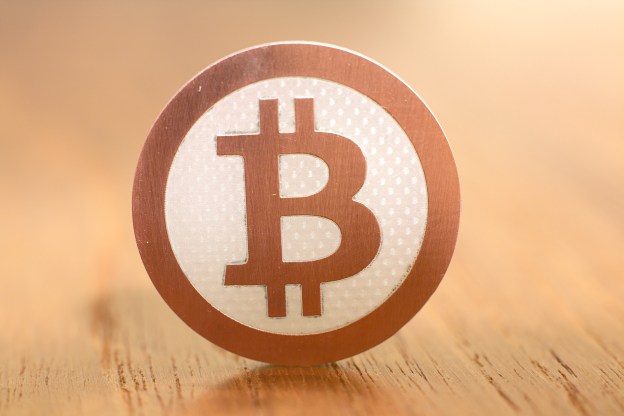 Last month, anonymous P2P online currency Bitcoin experienced a crash that significantly dropped its worth. Simultaneously, one of its most-used exchange sites was hacked and user security concerns skyrocketed. Regardless, faithful Bitcoin users stuck by the program, determined to support the revolutionary take on e-commerce.
Last month, anonymous P2P online currency Bitcoin experienced a crash that significantly dropped its worth. Simultaneously, one of its most-used exchange sites was hacked and user security concerns skyrocketed. Regardless, faithful Bitcoin users stuck by the program, determined to support the revolutionary take on e-commerce.
Unfortunately, Bitcoin is facing more obstacles. First, a Bitcoin developer who says he is the CEO of BitcoinGlobal was turned away at US customs due to his lack of cash. “Doctor Nefario” (his Bitcoin handle) arrived at Sea-Tac International Airport with $600 and the intention to fund his two month stay using Bitcoin’s online currency. But Border Patrol was not convinced and sent him packing.
In a blog post, “Doctor Nefario” describes his experience. “Did I have a credit card? How come I only had $600? What the hell is Bitcoin? Although I was cash poor I had more than enough Bitcoin to cover all the costs of my trip.” The customs agents also questioned him on how exactly Bitcoin worked.
That very lack of understanding is part of Bitcoin’s problem. It definitely is a niche service that has a select and devote group of advocates and users, but in order for it to gain traction and be recognized as a legitimate alternative to established hard currencies (and keep Bitcoiners from being turned away at customs) it needs to become more identifiable.
While Bitcoin as a brand might need better press, its users don’t. A crucial piece of the Bitcoin model is that it is an anonymous, P2P network – but how anonymous it actually is has been questioned. Researchers from University College Dublin say the encryption system Bitcoin uses to keep transactions untraceable isn’t as reliable as consumers would hope. They looked at the situation in which one user stole a significant amount of Bitcoins. By analyzing his network, Bitcoin activity, and interactions they found out (but did not announce) who the thief was as well as were able to identify who users in his network were.

Bitcoin is undeniably a revolution for e-commerce, and an upheaval of this size and scope is bound to be plagued by problems. Some of it can be blamed on growing pains, and some on the exclusive and underground nature of Bitcoin. But we’d expect that it will be seeing some changes rather soon if it wants to reassure users and more widely legitimize the platform.
Editors' Recommendations
- The best Bitcoin wallets to hodl, trade, and exchange crypto
- How to buy Bitcoin with PayPal
- Ethereum vs. Bitcoin: What’s the difference?
- What is Bitcoin mining?
- Facebook’s crypto isn’t a new Bitcoin, it’s Disney Dollars for a new world order


